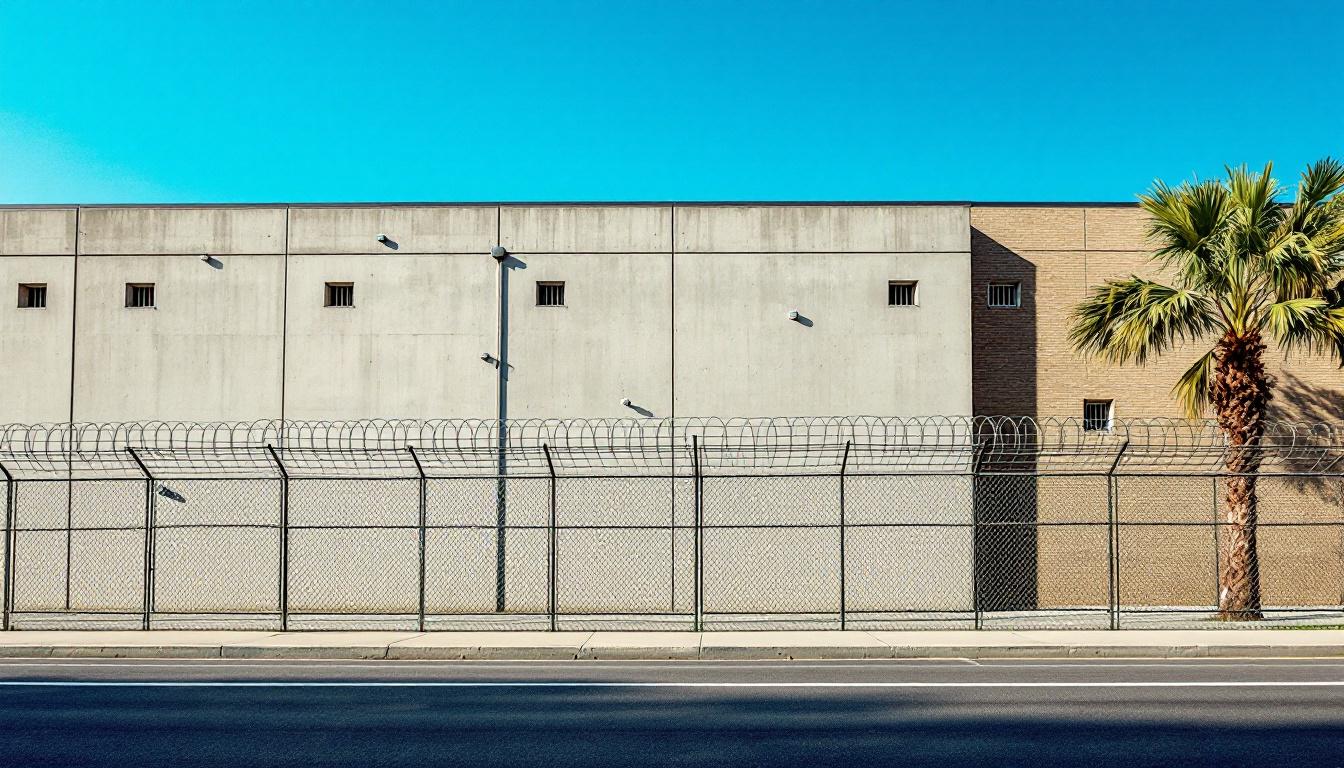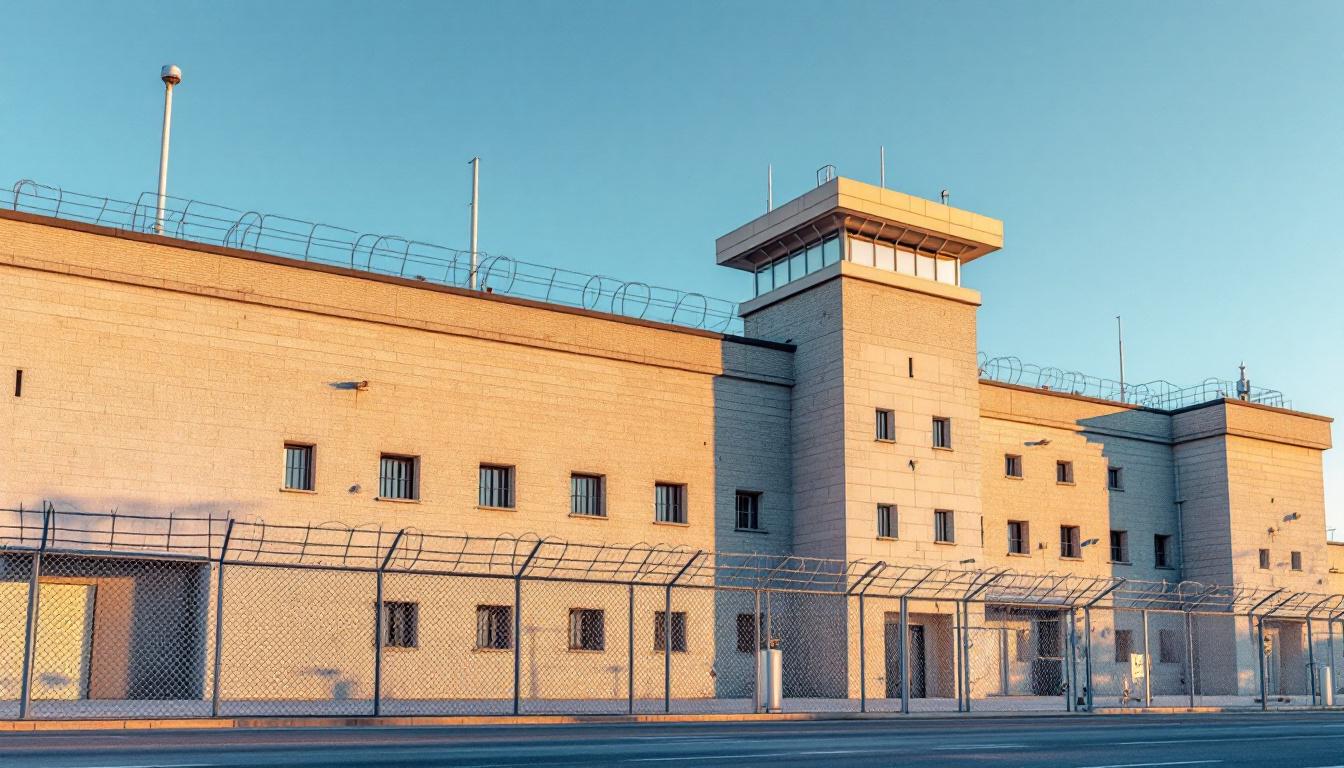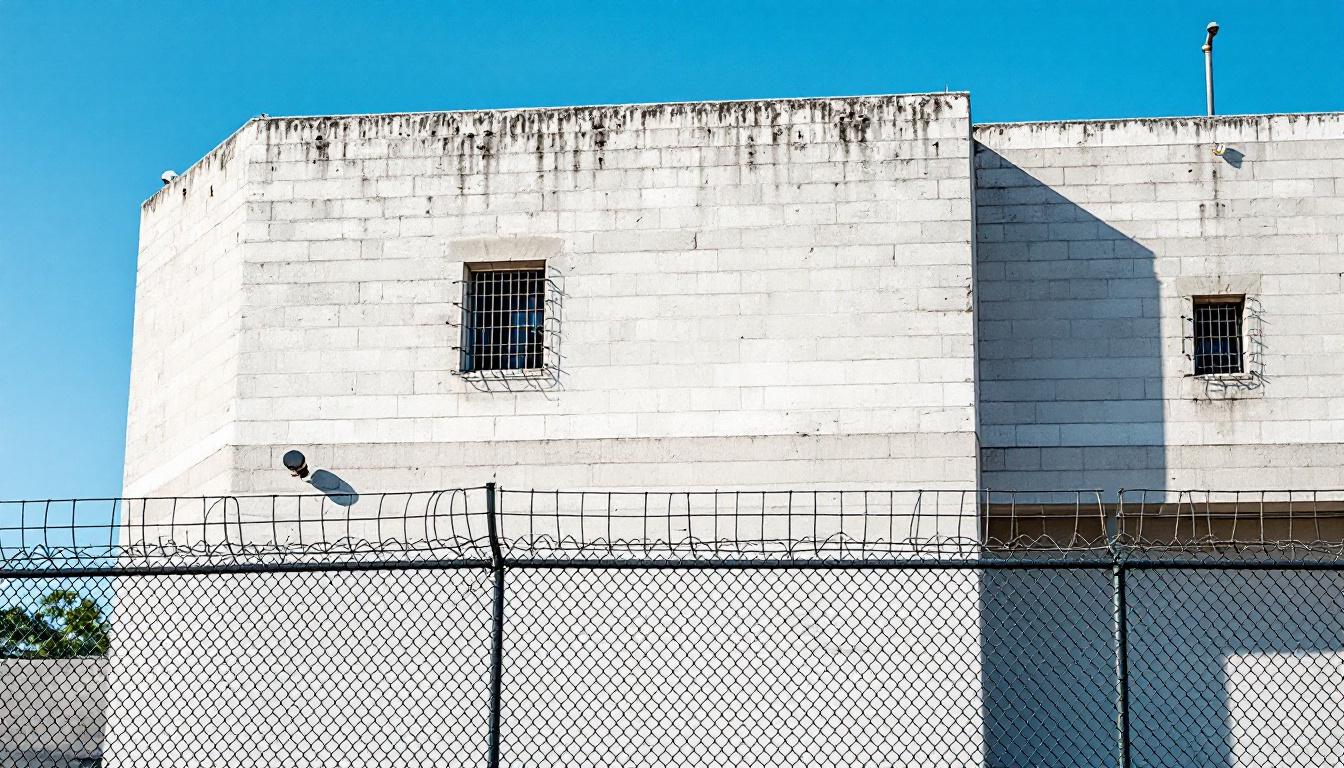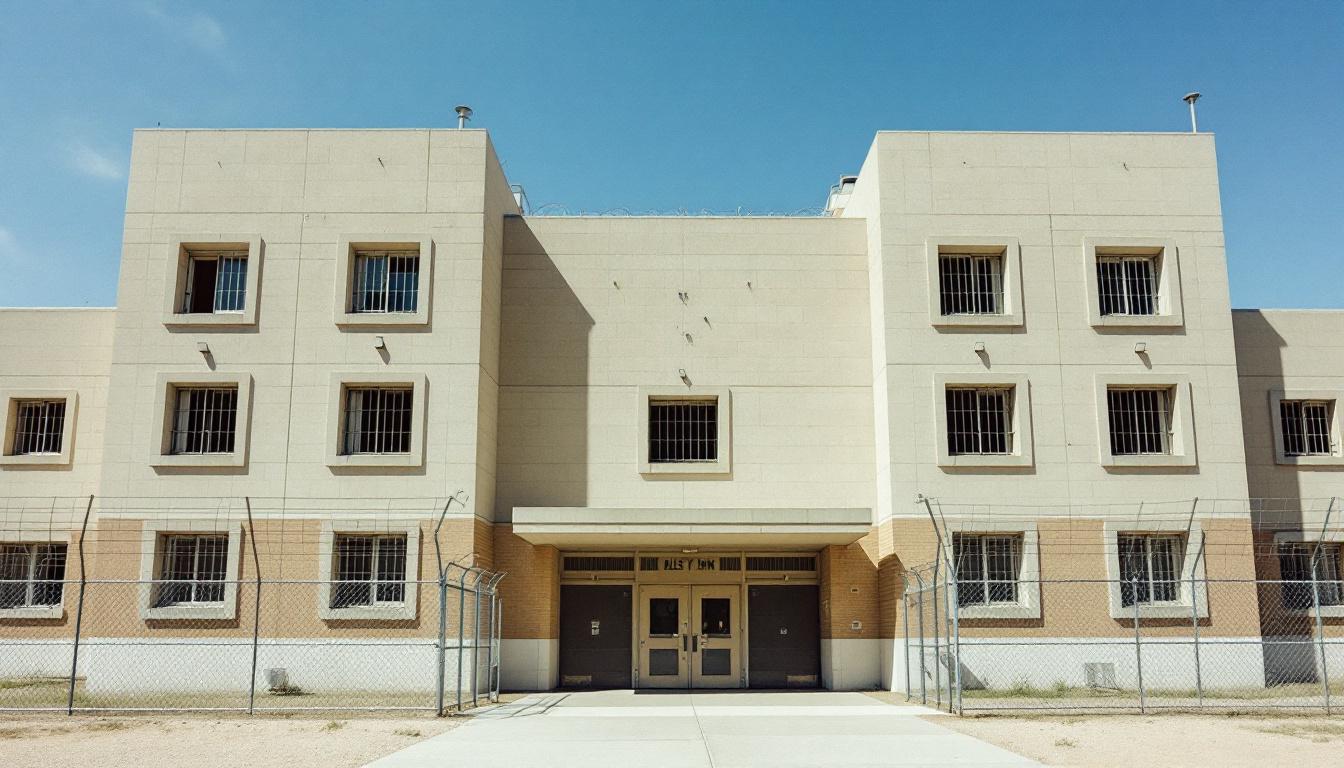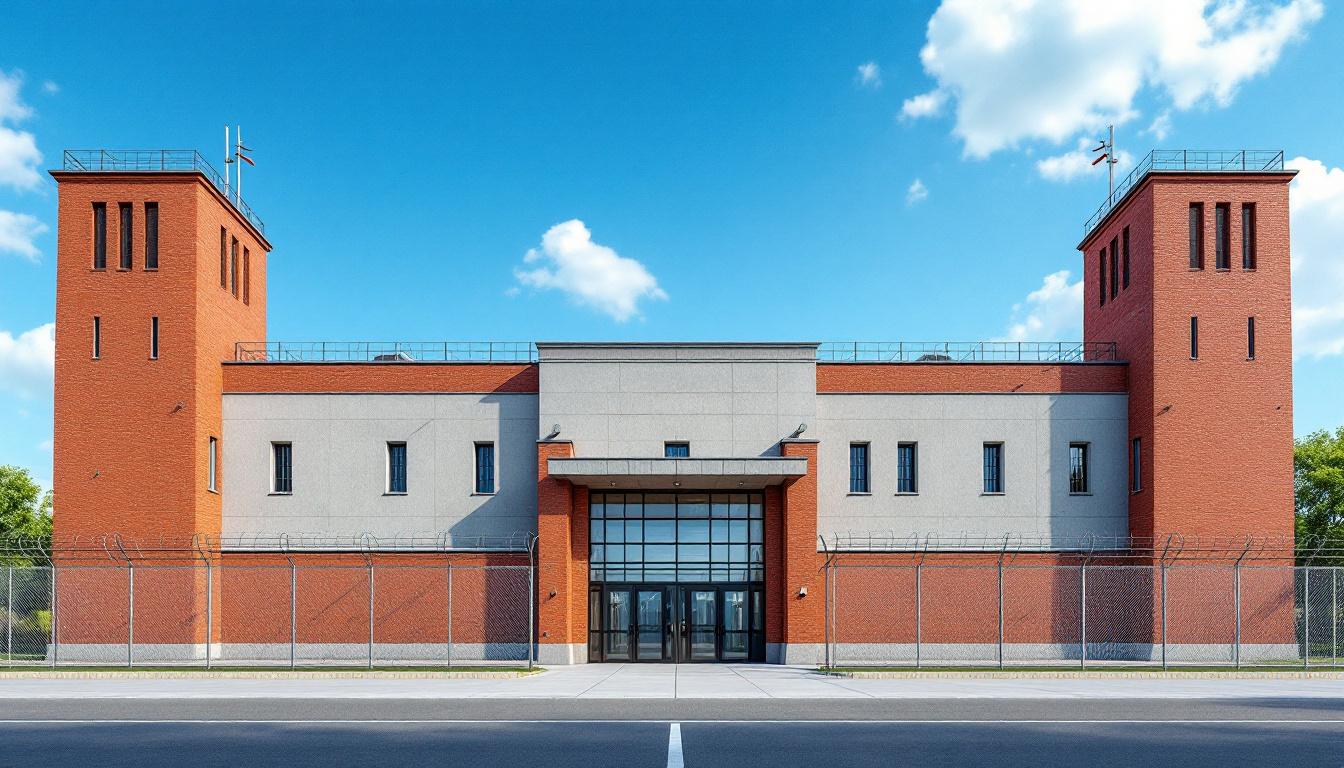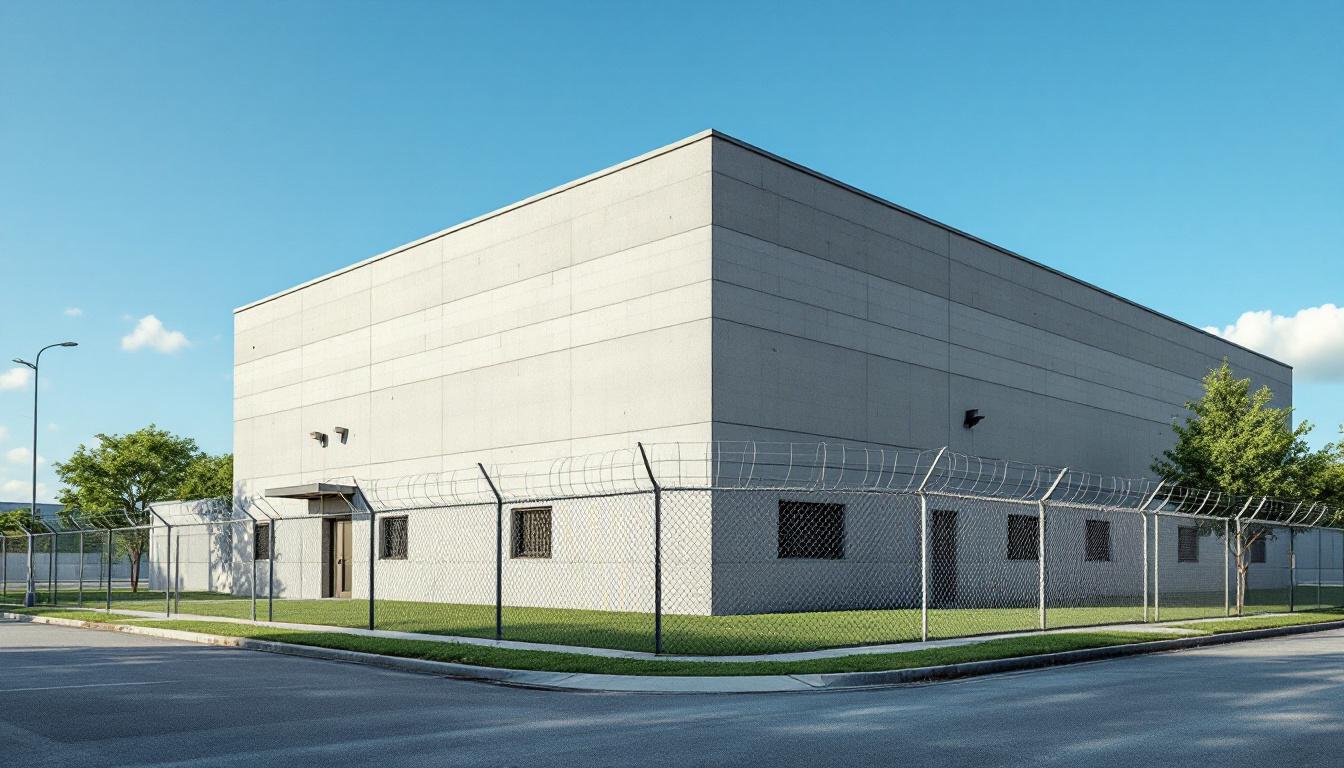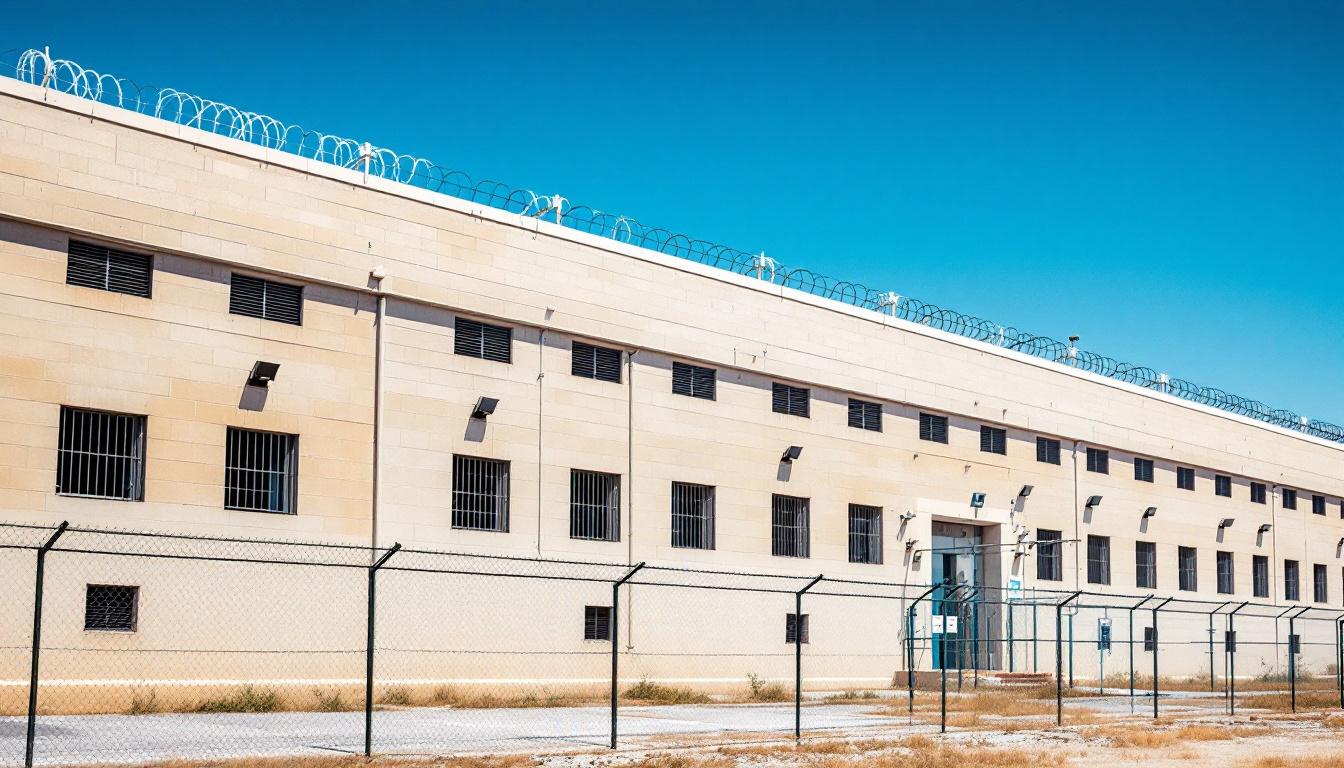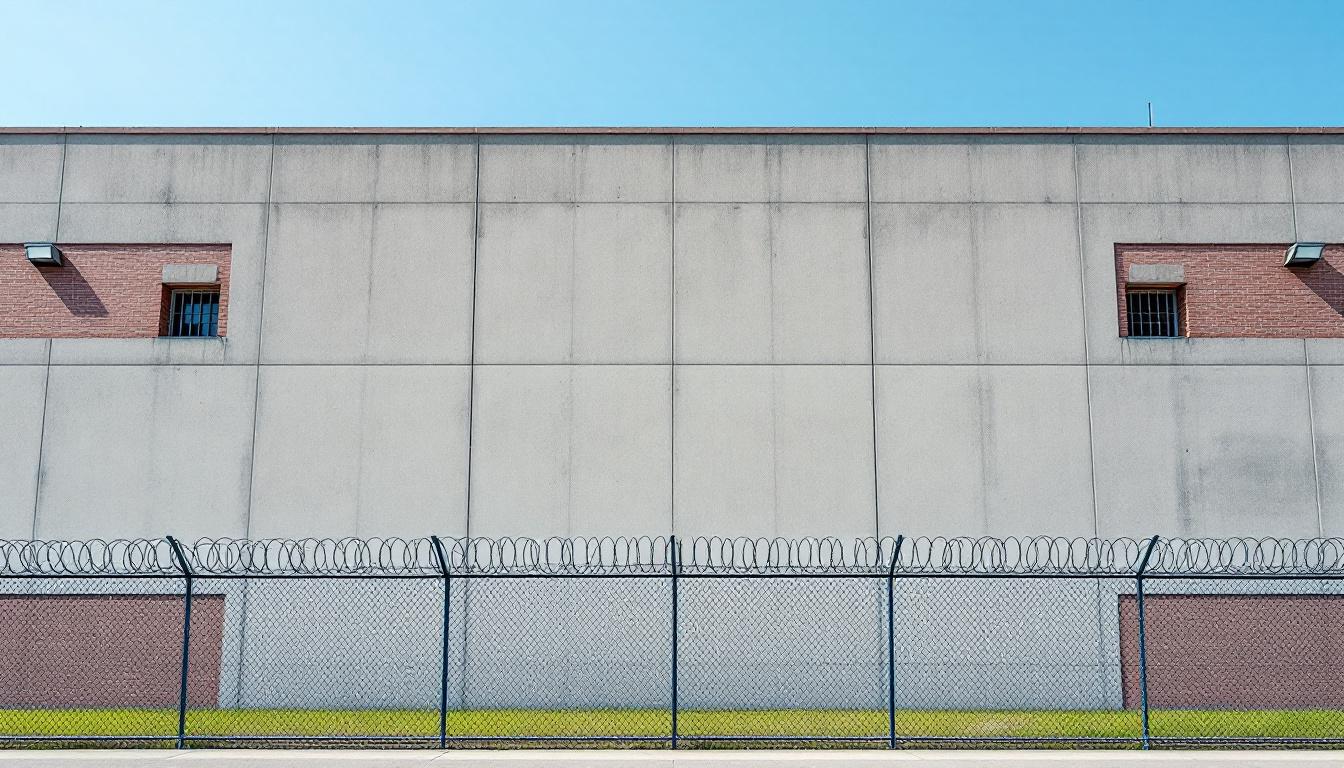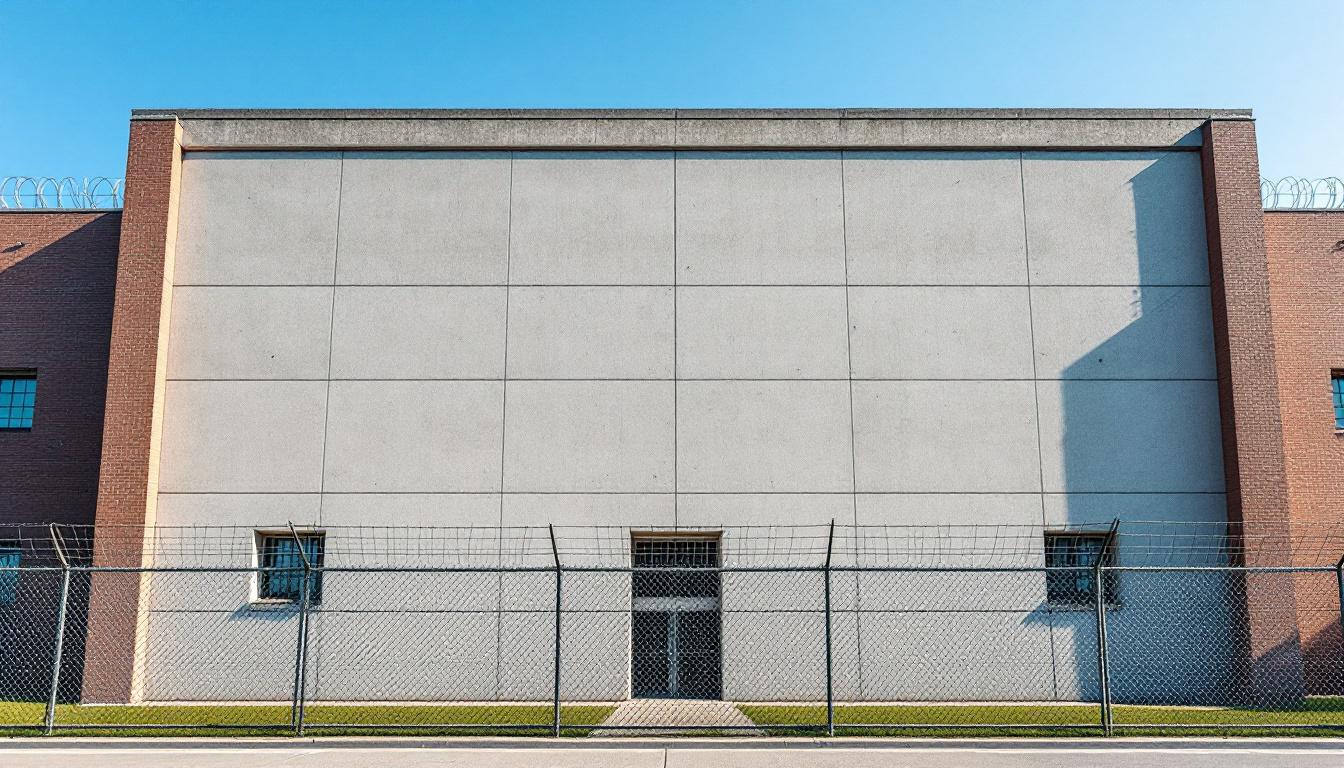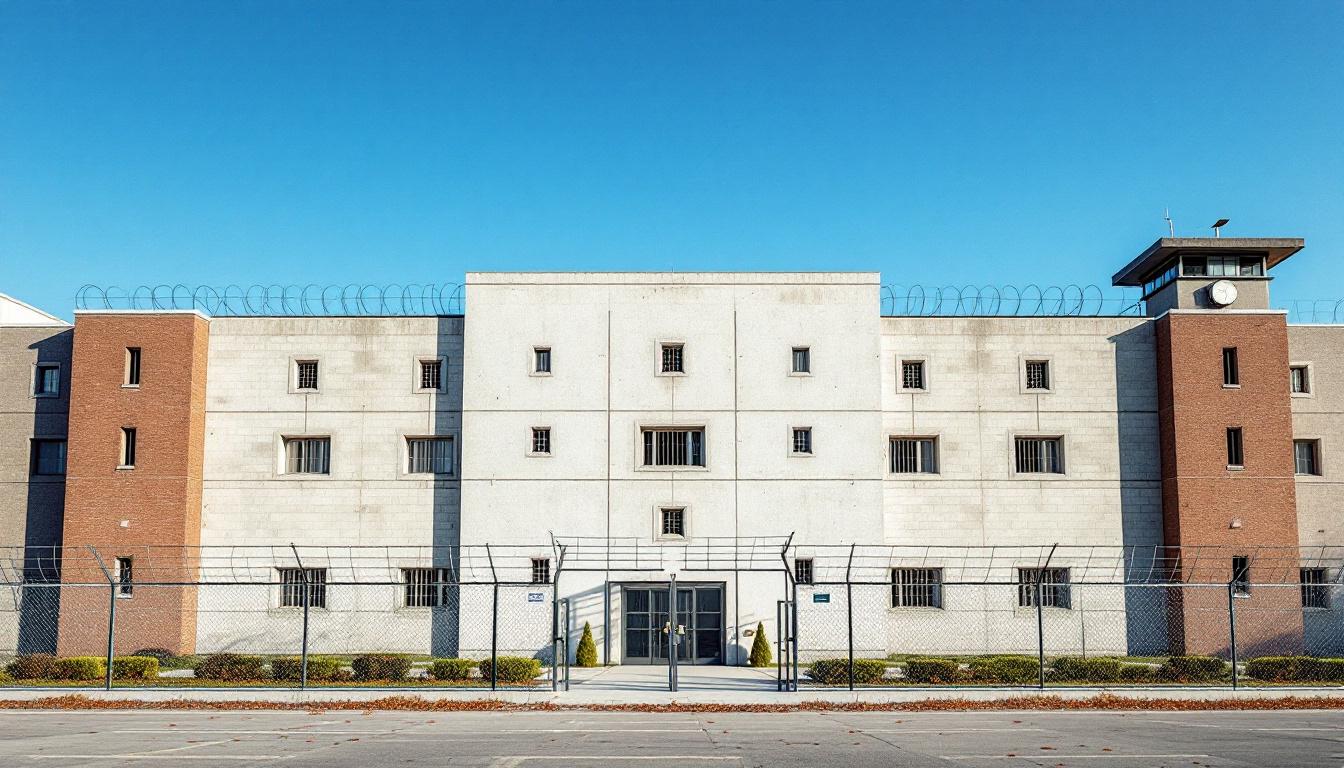
Quick Navigation
How to contact an inmate at Aloha Pacific Federal Credit Union
This comprehensive guide will walk you through how to connect with an inmate at Aloha Pacific Federal Credit Union. Follow the steps below to find an inmate and send letters and photos:
- Search for the inmate using our search tool below
- Create your account or log in to Penmate
- Write your message (up to 6,000 characters)
- Send instantly - inmates receive printed copies daily
Find an Inmate
Search for an inmate to start communicating today
Tip: You can search by first name, last name, or inmate ID number
To contact a person at Aloha Pacific Federal Credit Union start by searching for the person on the official facility website. Perform a search by following these steps:
- Step 1: Enter their first name and last name into the search form and click "Search"
- Step 2: Locate their inmate record
- Step 3: Write down their Inmate ID and any housing information provided
Important! Be sure to enter the person's full name. Nicknames should not be used.
How to Send Messages to Inmates

You can use your phone or computer to send emails, letters, and photos to an inmate. Messages are sent electronically to inmate tablets or kiosks at the facility. If you would like to send a message, start by searching for an inmate at Aloha Pacific Federal Credit Union.
Sending Photos and Postcards

A great way to send love and support to a loved one at Aloha Pacific Federal Credit Union is to send photos and postcards. It only takes a few minutes to send photos from your phone and it makes a huge difference. You can also mail postcards with words of support and inspiration, or design your own postcard for special moments like birthdays and holidays.
Important! Be sure not to send any explicit photos or they may not be approved by the facility. You can also use a photo printing app like Penmate to make sure your photos are printed at the correct size (4x6 or 3x5) and are mailed according to the rules and regulations of Aloha Pacific Federal Credit Union.
Frequently asked questions about Aloha Pacific Federal Credit Union
-
How long does it take to deliver a message?
If you're sending an email message your letter is usually delivered within 24-48 hours. For messages sent via mail you should expect delivery within 3-7 days. All messages will need be approved by Aloha Pacific Federal Credit Union.
-
How much does it cost to send a message to Aloha Pacific Federal Credit Union?
You can send a message free using your phone or mail a message via USPS for the price of a $0.60 stamp and envelope. You can also purchase credits or e-stamps from services starting at $1.99.
-
What services can I use to contact an inmate at Aloha Pacific Federal Credit Union?
Penmate
You can use Penmate to send letters and photos to an inmate from your phone. It's an easy way to stay in touch during your loved one's incarceration. Use the inmate locator to find an inmate's location and contact information, then you can send messages within a few minutes.
Securus messaging
Securus may be another option for communicating with an inmate at Aloha Pacific Federal Credit Union. You can create a friends and family account and purchase credits to send messages. All messages will be reviewed and must be approved by the facility.
JPay
Some county jails and state prisons may support sending messages with JPay. You must register an account with the system, find your loved one, and purchase stamps to send messages. For some locations you can also attach photos.
Smart Jail Mail
You may also check if Smart Jail Mail is available at Aloha Pacific Federal Credit Union. Smart Jail Mail is operated by Smart Communications and has contracted with some state and county jails. After purchasing credits, your messages and photos are sent to the facility, printed out, and then handed out to your loved one.
-
What is the mailing address of Aloha Pacific Federal Credit Union?
Mailing address:
Aloha Pacific Federal Credit Union
9555 S Eastern Ave
Las Vegas, NV 89123
Phone: (702) 776-6900Business hours:
- Monday: 9:00 AM – 5:00 PM
- Tuesday: 9:00 AM – 5:00 PM
- Wednesday: 9:00 AM – 5:00 PM
- Thursday: 9:00 AM – 5:00 PM
- Friday: 9:00 AM – 5:00 PM
- Saturday: 9:30 AM – 2:00 PM
- Sunday: Closed
-
What are the visiting hours at Aloha Pacific Federal Credit Union?
Visiting hours at Aloha Pacific Federal Credit Union vary by housing unit and security level. Generally, visits are scheduled on weekends and holidays, with some facilities offering weekday visits. Contact the facility directly at (702) 776-6900 or check their website for the current visiting schedule. Visits typically last 30-60 minutes and must be scheduled in advance.
-
What items are prohibited when sending mail to Aloha Pacific Federal Credit Union?
Prohibited items typically include: cash, personal checks, stamps, stickers, glitter, glue, tape, staples, paperclips, polaroid photos, musical or blank greeting cards, hardcover books, magazines with staples, and any items containing metal or electronics. Only send letters on plain white paper with blue or black ink. Photos must be printed on regular photo paper (no Polaroids). Always check with Aloha Pacific Federal Credit Union for their specific mail policies.
-
How do I send money to an inmate at Aloha Pacific Federal Credit Union?
You can send money to an inmate at Aloha Pacific Federal Credit Union through several methods: 1) Online using JPay, Access Corrections, or the facility's approved vendor, 2) Money orders mailed directly to the facility with the inmate's name and ID number, 3) Kiosks located in the facility lobby, or 4) Over the phone using a credit or debit card. Fees vary by method, typically ranging from $2.95 to $11.95 per transaction.
-
Can I schedule a video visit with an inmate at Aloha Pacific Federal Credit Union?
Many facilities now offer video visitation as an alternative to in-person visits. At Aloha Pacific Federal Credit Union, video visits may be available through services like Penmate, Securus Video Connect, GTL, or ICSolutions. Video visits typically cost $10-20 for 20-30 minutes and must be scheduled in advance. You'll need a computer or smartphone with a camera and reliable internet connection. Contact the facility for their specific video visitation policies and approved vendors.
-
What identification do I need to visit an inmate at Aloha Pacific Federal Credit Union?
All visitors must present valid government-issued photo identification such as a driver's license, state ID, passport, or military ID. Minors must be accompanied by a parent or legal guardian who can provide the minor's birth certificate. Some facilities require visitors to be on the inmate's approved visitation list, which may require a background check. Contact Aloha Pacific Federal Credit Union for specific ID requirements and visitor approval procedures.
-
How can I find out an inmate's release date?
To find an inmate's release date at Aloha Pacific Federal Credit Union, you can: 1) Use the online inmate search tool if available, 2) Call the facility's records department, 3) Contact the inmate's case manager or counselor, or 4) Have the inmate provide this information during a call or visit. For privacy reasons, some facilities only release this information to immediate family members.
Facility Overview
Contact Information
Aloha Pacific Federal Credit Union9555 S Eastern Ave
Las Vegas, NV 89123
Phone: (702) 776-6900
Official Website
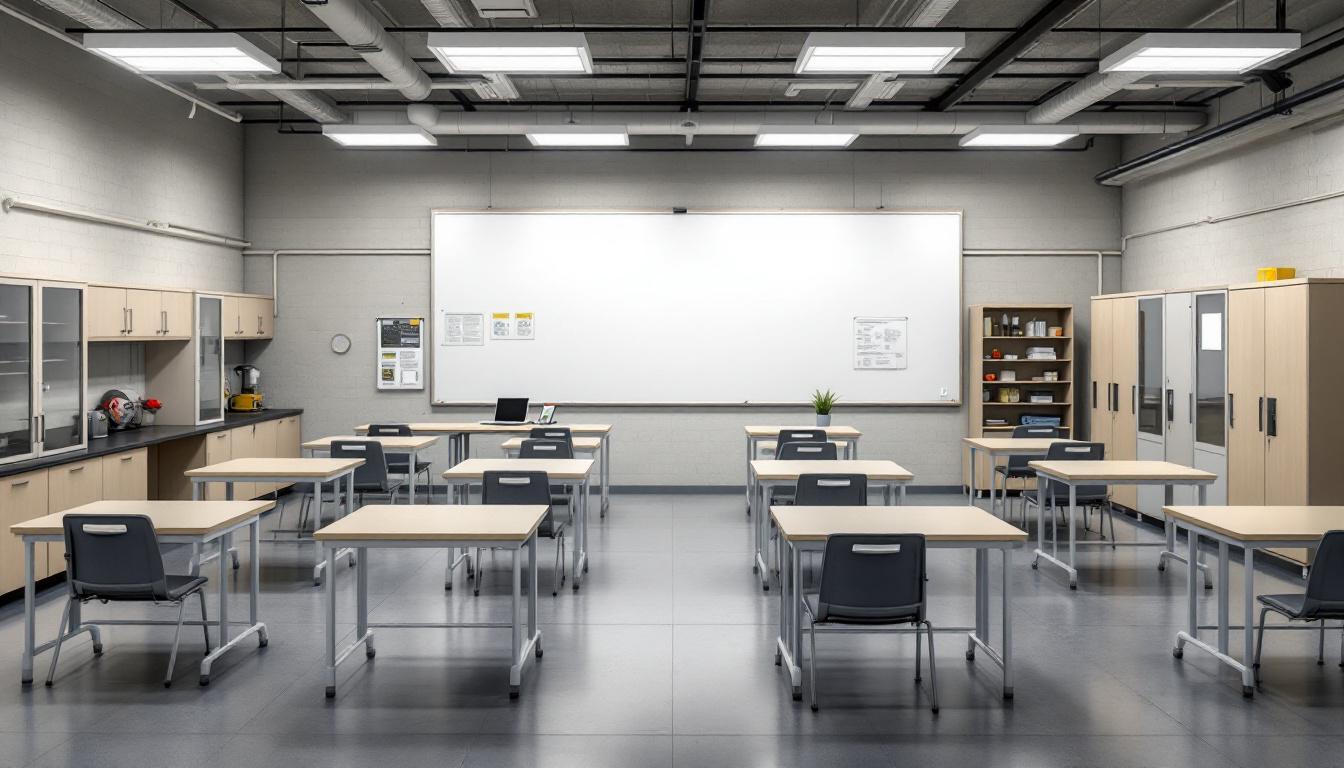
About Aloha Pacific Federal Credit Union
Specialized housing environments within South Dakota's correctional system serve distinct operational needs, with F-CU RESTRICTIVE HSG in Yankton representing a focused approach to managing individuals requiring heightened security measures. Located in this southeastern South Dakota community along the Missouri River, the facility operates as part of the state's broader correctional infrastructure, typically housing those whose circumstances necessitate more controlled living conditions and intensive supervision protocols.
The facility's operational framework generally emphasizes structured daily routines and comprehensive monitoring systems designed to maintain institutional safety while providing essential services to those incarcerated. Programming approaches may include educational opportunities, mental health support services, and case management resources, though access and participation often depend on individual security classifications and behavioral assessments. Staff members typically work within established protocols to balance security requirements with rehabilitative objectives, recognizing that effective offender management often requires individualized approaches tailored to specific needs and risk factors.
Within Yankton's correctional landscape, this SD correctional facility contributes to the state's multi-tiered approach to incarceration and rehabilitation services. The restrictive housing environment generally maintains strict operational procedures while potentially offering limited recreational activities, library access, and correspondence privileges as security conditions permit. Those incarcerated services may encompass basic healthcare, commissary access, and visitation opportunities, though these are typically subject to facility regulations and individual housing classifications that prioritize institutional security and public safety objectives.
Programs & Services
Personal transformation becomes possible when those incarcerated have access to structured opportunities that address both immediate needs and long-term goals. F-CU RESTRICTIVE HSG typically provides a framework of offerings designed to support individual growth while maintaining the security and safety protocols essential in a restrictive housing environment. The facility's approach often emphasizes building foundational skills and addressing underlying issues that may contribute to successful reintegration.
Educational opportunities may furnish those incarcerated with pathways to academic advancement and intellectual development. Basic literacy programs often serve as starting points for individuals seeking to improve reading and writing skills, while GED preparation courses typically help participants work toward high school equivalency credentials. Moreover, vocational training offerings frequently focus on practical skill development that can translate to employment opportunities upon release, providing hands-on experience in trades and technical fields that are in demand in the job market.
Support services form a comprehensive network that addresses multiple aspects of personal development and rehabilitation. Work programs often allow those incarcerated to develop job skills and work habits while contributing to facility operations, including specialized areas like upholstery training that may furnish valuable technical abilities. Religious services typically provide spiritual guidance and community connection for those seeking faith-based support. Moreover, therapeutic offerings such as sex offender treatment programs address specific behavioral concerns through structured intervention approaches, while community resource connections may help participants prepare for transition back into society by linking them with external support systems and services.
Daily Life & Visitation
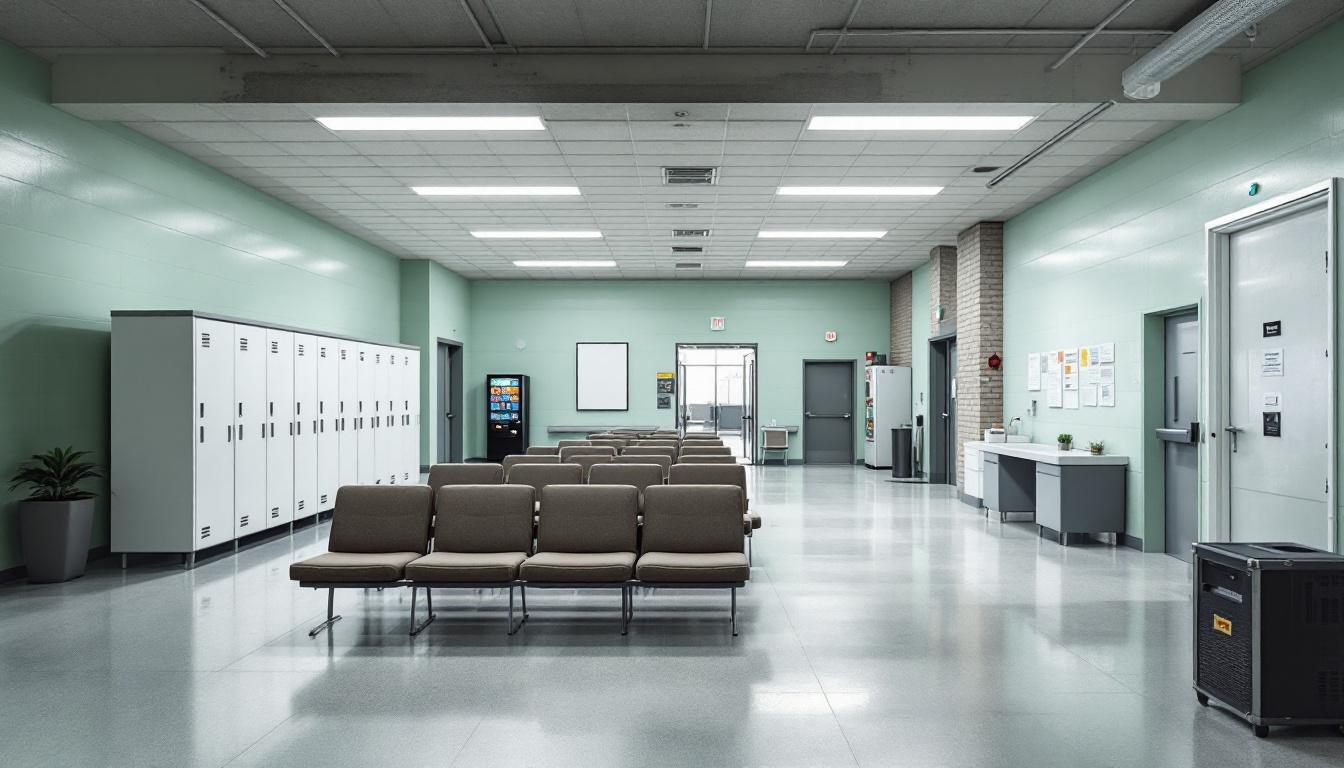
Family connections and social bonds remain vital threads that weave through the structured environment of restrictive housing at this South Dakota correctional facility. At present, those incarcerated actively navigate a carefully regulated daily routine that balances security requirements with opportunities for meaningful human interaction. The structured programming schedules furnish stability while allowing residents to maintain essential ties to their support networks outside the facility walls.
Living accommodations in restrictive housing typically consist of single-occupancy cells that provide basic necessities while ensuring appropriate security measures. Those incarcerated generally receive meals delivered to their housing units, though some facilities may offer limited dining hall privileges depending on individual circumstances and behavior classifications. Moreover, the physical environment often includes designated areas for recreation and exercise, usually conducted in smaller groups or individually to maintain security protocols while still providing essential physical activity opportunities.
Whereas in-person visitation may be more limited in restrictive housing settings, communication options typically include telephone access and correspondence privileges that help residents stay connected with family members and loved ones. Work assignments within the facility often involve maintenance duties, laundry services, or other essential operations that can be safely performed within the security parameters. Additionally, those incarcerated may have access to educational programming, counseling services, and religious activities that furnish structure and personal development opportunities, though these are generally adapted to meet the specific requirements of the restrictive housing environment.
Ready to Connect?
Start communicating with your loved one today
Search for an Inmate
